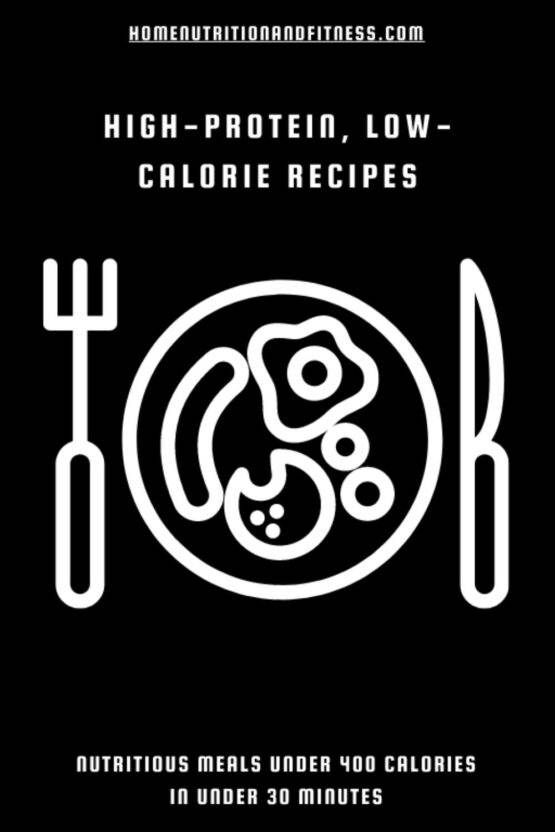When we choose a particular diet, we often overlook how it impacts our hormones. Opting for quick weight loss can disrupt the body’s natural balance.
The body prefers stability and employs various mechanisms, including hormones like leptin and ghrelin, to maintain equilibrium. Is there a way to influence these hormones and what strategies can we use?
Maintaining Balance within the Body
Our bodies work hard to keep everything in balance and stable for a long time. When it comes to weight, hormones like leptin and ghrelin play a key role in controlling our appetite and energy levels.
For some people, maintaining the same weight over years means they’re balancing the energy they take in with what they use.
If we lose weight too quickly, our body reacts by changing hormone levels, leading to unwanted swings. Leptin signals to our brains that we’re full, while ghrelin does the opposite – making us feel hungry.
These hormones are part of the endocrine system, a vast network connecting glands throughout the body.
The hypothalamus, a gland in the brain, is vital for processing information about our body’s internal state, including energy balance. It communicates with receptors for leptin and ghrelin, helping our brain understand when we’re full or need more food.
The Hormone Leptin
Leptin is produced by fat cells and then released into the bloodstream. It makes its way to the hypothalamus, where it sends signals to the brain about the body’s energy reserves and feelings of fullness.
The Path to the Brain
Simply put, the process works like this: leptin is released from fat cells and enters the bloodstream. It then travels to the brain where it binds to specific receptors in the hypothalamus. This is where it communicates key details about the body’s energy reserves.
Impact on Energy Balance and Food Consumption
Leptin impacts the activity of specific neurons in the hypothalamus that control the production of hunger-stimulating and hunger-suppressing neurotransmitters. These neurotransmitters regulate our appetite by either increasing or decreasing it.
Furthermore, leptin influences various biological processes such as reproduction, immune response, blood cell formation, new blood vessel creation, bone development, and wound healing.
Reduced Sensitivity to Leptin
When leptin levels are low, it triggers feelings of hunger. Some research suggests that in obesity, there might be a condition called leptin resistance, where overweight individuals may not respond effectively to leptin due to prolonged overeating.
This resistance could form a cycle: consuming excess calories leads to increased fat storage, which in turn elevates leptin levels in fat cells. The hypothalamus, exposed to high leptin levels, may become less responsive to its signals, causing the brain to misinterpret hunger cues and leading to persistent feelings of hunger and weight gain.
The Hormone Ghrelin
I’m sorry, but it seems like there was an error in your request as there is no text provided for me to rewrite. If you could please provide the text you’d like me to rewrite, I’ll be more than happy to assist you.
Location of Secretion
The stomach is the primary source of ghrelin production, although this hormone has also been found in other parts of the body like the gastrointestinal tract, pancreas, ovaries, and adrenal cortex.
Ghrelin Release and Nutritional Status
Ghrelin uses several pathways to communicate with the brain and trigger hunger.
Firstly, after being released from the stomach and entering the bloodstream, ghrelin can cross the blood-brain barrier to bind to receptors in the hypothalamus.
Secondly, it can travel to the brain through the vagus nerve and the terminal nucleus of the medulla. Lastly, ghrelin can be produced locally in the hypothalamus itself, influencing the different brain centers directly.
Impact of Ghrelin on Energy Balance and Food Consumption
Ghrelin plays a crucial role in short-term body weight regulation. When its levels are high, you feel hungry, typically right before a meal.
Upon eating, the levels of ghrelin decrease.
For those aiming to lose weight, lower levels of ghrelin are essential.
Conversely, if you’re looking to gain weight, it’s necessary to maintain sufficient ghrelin levels to stimulate appetite and encourage increased food intake.
Effect of Diet on Leptin and Ghrelin Levels
Food intake affects the levels of hormones like leptin and ghrelin in our bodies.
Eating raises leptin, while fasting boosts ghrelin significantly before meals. It’s not just how much or often we eat that matters but also what we eat.
Both leptin and ghrelin are crucial for regulating our energy balance.
Leptin works over the long term, while ghrelin handles short-term regulation.
Women and men may have different hormonal responses influencing their appetite due to their unique hormone setups.
Besides being mindful of our diet, factors like omega-3 fatty acids from fish oil and regular sleep play roles in optimizing leptin and ghrelin levels.
Omega-3 is linked to reduced hunger, while insufficient sleep disrupts these hormones, as well as glucose metabolism and insulin function.
Regular, tailored exercise is also beneficial to support your goals and overall health.







